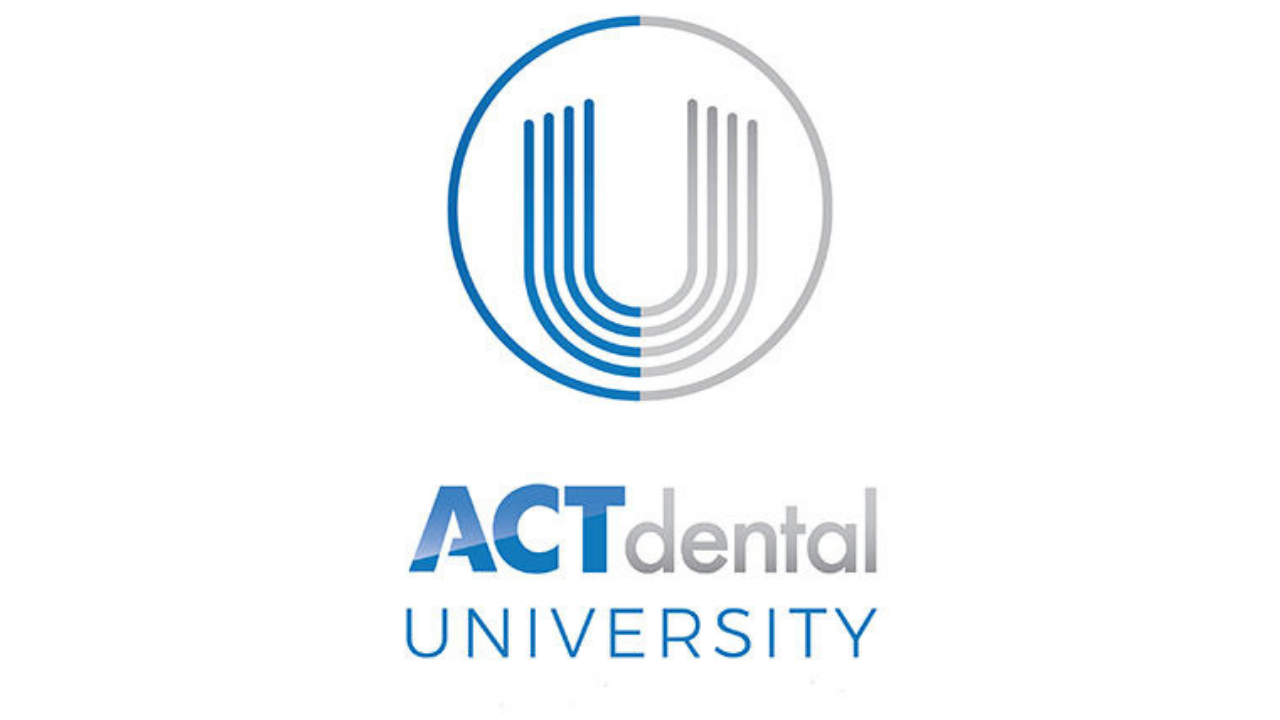Goals are essential in every area of our lives As a dentist, goals help align your priorities, plan for the future and ensure you are on the right path to achieve clear objectives in the near and distant future.
Unfortunately, many dentists struggle with goal setting—and their practices suffer as a result. The good news is that there are a few questions you can consider to help improve your goal setting and get your practice on the right track.
What Are Your Goals?
Asking what your goals are might seem like a fairly obvious question, but a lot of practices fail to critically evaluate where they are and where they want to go. You might have a few ideas of accomplishments you would like to pursue, but without clearly defined goals, you are unlikely to have the direction you need to get there. Ask yourself where you want to be in the next quarter, the next year or the next five years, and begin building a list of some goals you would like to achieve in those various periods of time.
Setting goals feels great, and it can really help motivate you to improve things at your practice, but you should avoid going overboard at first. Start with just a couple attainable goals that you can focus on instead of developing a monster list of items that quickly gets overwhelming. A handful of focused, attainable goals will keep you motivated and give your practice a great opportunity at success.
What Challenges Do You Face?
It can be easy to get so caught up in setting goals that you do not stop to think about the challenges you might face along the way. Nobody wants to dwell on hurdles and hardships, but these realities must be taken into account if you want to get closer to your goals. Analyzing your circumstances and identifying potential challenges are critical to strategizing and planning your path toward achieving your practice’s goals. Take the time to thoroughly assess all the challenges that your practice is facing.
Be realistic about the challenges you expect will come up as you work to change your practice for the better. If your goal is to have a weekly team meeting, you might confront the challenge of team members who do not engage well in scheduled meetings. Anticipating that a challenge like this might crop up gives you the opportunity to plan and strategize ahead of time so that you are not caught off guard.
Instead of being blindsided by those who do not want to attend team meetings, you can be proactive and reach out to them beforehand to ensure they know how important these meetings are for your practice. Make them feel included in the process.
What Can You Celebrate?
Setting goals is not about aiming for perfection on your first go-around. Rather, it’s about making steady progress. A lot of people get so caught up with the end result of their goals that they lose sight of the progress they are making along the way. Taking the time to really acknowledge how far you have come and celebrate the accomplishments you have made is essential. If your goal for the last two quarters has been to have consistent weekly team meetings, but you are only meeting with your team twice a month right now, celebrate the fact that you are meeting more frequently than you were previously.
You do not have to wait until your practice is perfect before you start to celebrate. In fact, if you are waiting for perfection, chances are that you will never stop waiting. You cannot expect your practice to meet all your wildest dreams and expectations, but you can expect progress and achievements that give you reason to be thrilled. Acknowledging these accomplishments with your team members will keep spirits high and ensure your people continue to work toward steady progress.
Making S.M.A.R.T. Goals
Smart goals are designed to be specific and reasonable. You might want to improve profitability at your practice, but if your goal is too broad and undefined, you will not have any benchmark to work toward. Instead of saying that you want to improve profitability, determine what growth percentage you want to aim for in the next quarter or the next year—and use that as your goal. This smart goal is more specific and is likely quite feasible.
Although you want your goals to be specific and intentional, you also want to make sure they are broad enough to steer your practice in the direction you want to go. If you spend all your time on small goals that are very easy to achieve, you might ignore some of the bigger, overarching goals you have for your practice. Your smart goals must be well-defined, but they should also be informed by your values and contribute to the future of your practice in meaningful ways.
Reaching a goal is both a great accomplishment and an opportunity to progress and grow even more than you already have. Once you have reached a goal and celebrated the achievement, you can set your sights on the next one. You do not have to worry about creating all the goals that you ever hope to achieve for your practice immediately, as goal setting is about making progress.
With this healthy attitude toward goal setting, you will eventually find you have the practice and the career you have always wanted.
Categories

Get access to the best dental educators on the planet to bring you "best practices" and help you become the dentist you were called to be. Watch what you want, when you want it. It's 24/7 on-demand access. Friday's we host "Master Classes" with the very best dental speakers you will ever see.

Reserve your spot at the next ACT Dental Master Class
Learn From One of the Best Educators During Our BEST PRACTICES MASTER CLASS Experience.
Kirk Behrendt
Kirk Behrendt is a renowned consultant and speaker in the dental industry, known for his expertise in helping dentists create better practices and better lives. With over 30 years of experience in the field, Kirk has dedicated his professional life to optimizing the best systems and practices in dentistry. Kirk has been a featured speaker at every major dental meeting in the United States. His company, ACT Dental, has consistently been ranked as one of the top dental consultants in Dentistry Today's annual rankings for the past 10 years. In addition, ACT Dental was named one of the fastest-growing companies in the United States by Inc Magazine, appearing on their Inc 5000 list. Kirk's motivational skills are widely recognized in the dental industry. Dr. Peter Dawson of The Dawson Academy has referred to Kirk as "THE best motivator I have ever heard." Kirk has also assembled a trusted team of advisor experts who work with dentists to customize individual solutions that meet their unique needs. When he's not motivating dentists and their teams, Kirk enjoys coaching his children's sports teams and spending time with his amazing wife, Sarah, and their four children, Kinzie, Lily, Zoe, and Bo.
RECENT POSTS
876: The Kois-Coachman Digital Dentistry Event & The IntraOral Scanner Festival – Dr. Christian Coachman
April 18, 2025
Rest Isn't A Reward, It's A Requirement!
April 14, 2025
Data Snapshot: # of Office Days Open
April 11, 2025
Weather Any Storm: The Power of Focus
April 07, 2025
871: Metric Mondays: Gross Profit Percentage: The Health Indicator of Your Practice – Dr. Barrett Straub
April 07, 2025
Embrace Conflict to Unlock Trust
April 04, 2025







